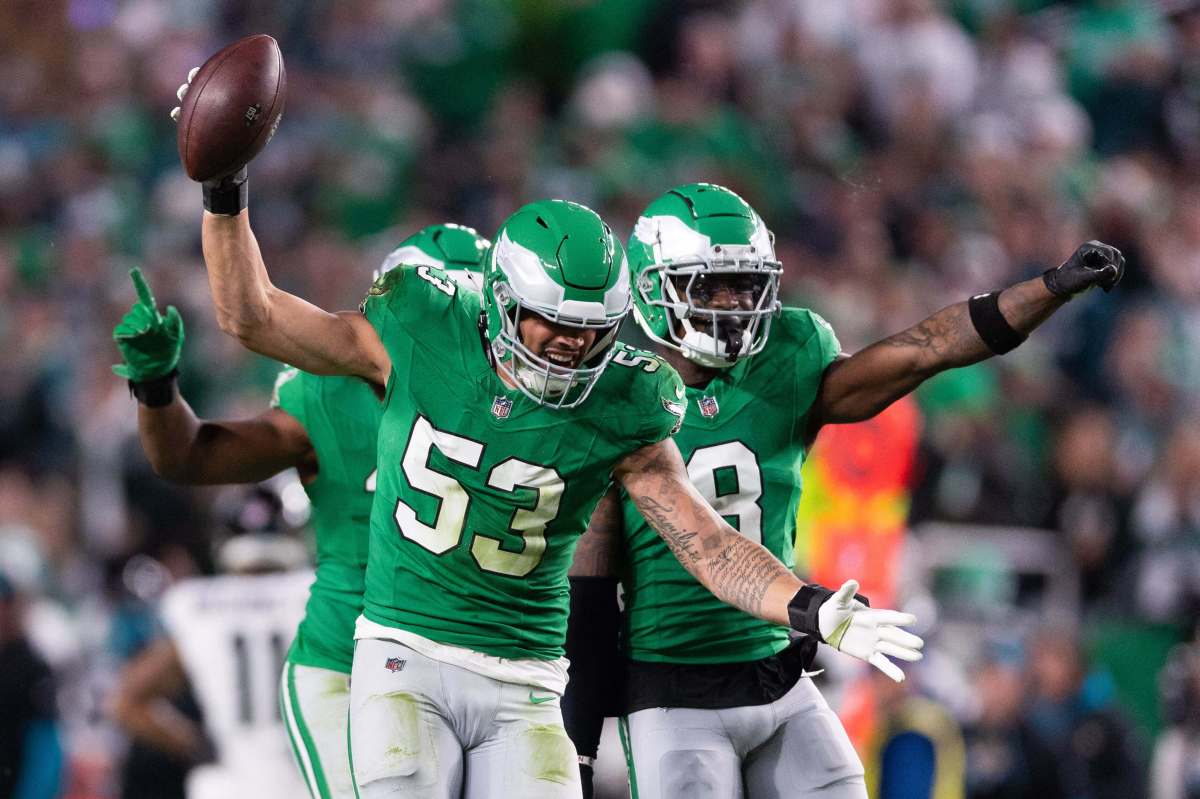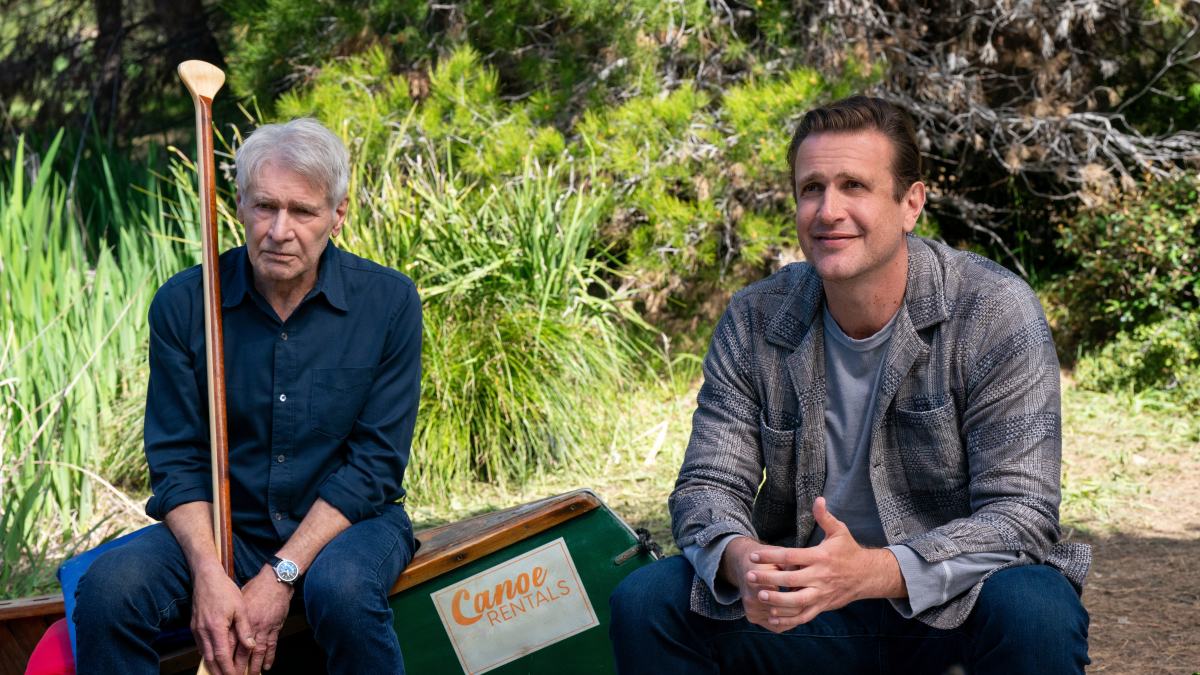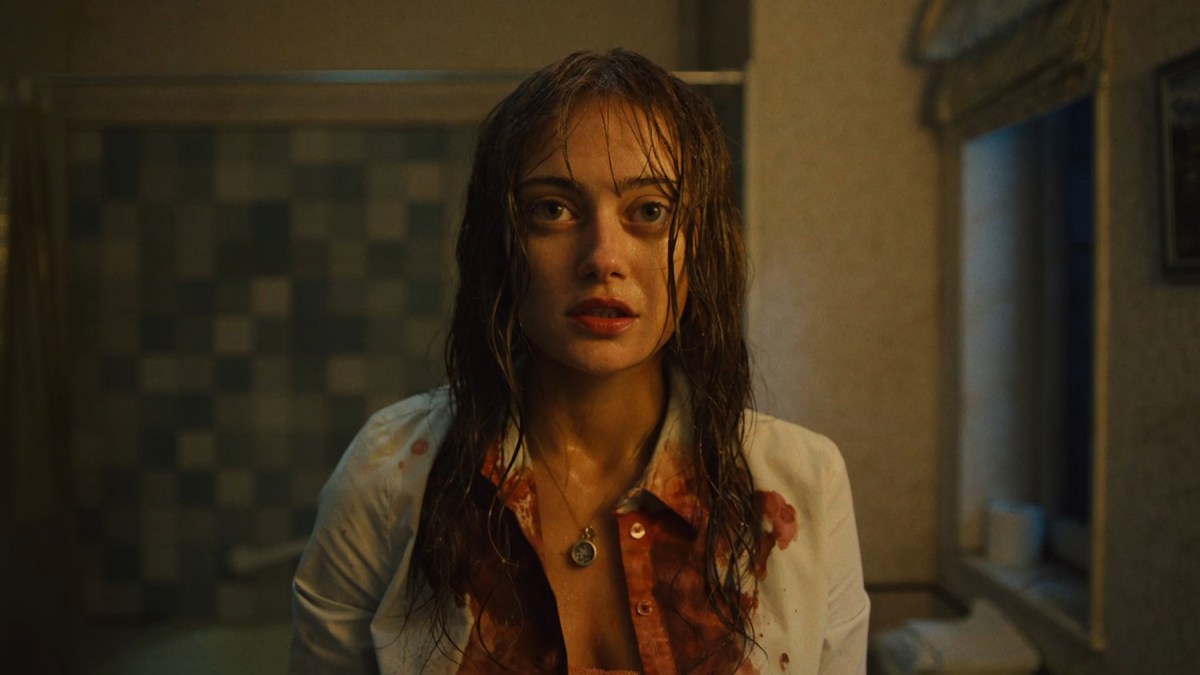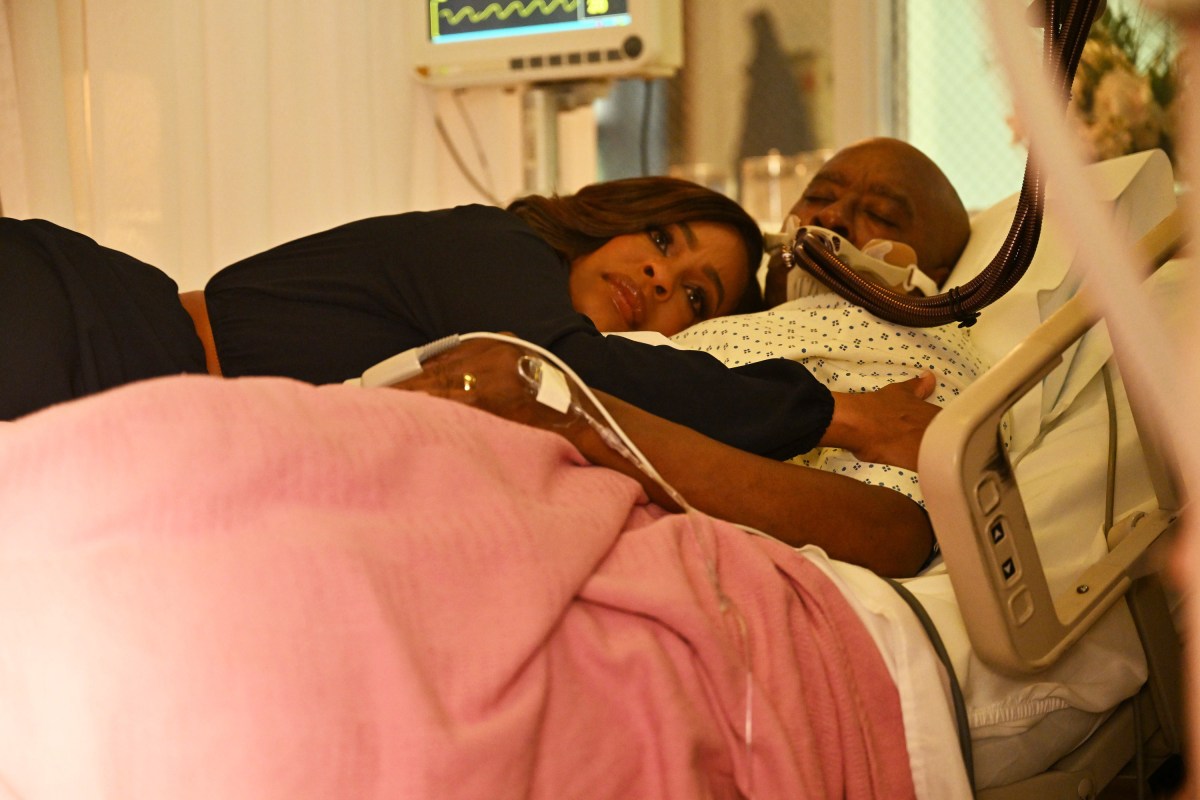“Dear White People” is a very good show — stylish and biting, and firmly planted in there here and now. But for some reason, there are a handful of bums on the internet who find the very idea of the series — and the film that came before it — to be racist in and of itself.
Let me back up: In February, Netflix released a 30-second teaser for Justin Simien’s brainchild. The TV series — which went into production on Netflix sometime after the 2013 premiere of “Dear White People,” the film — focuses on a group of black students at the fictional Winchester University and their experience with the microaggressions of daily racism — and what happens when enough is enough.
In the teaser, over images of cheery Caucasians smiling and waving, we hear the voice of Sam, our wiley protagonist, denouncing the use of blackface. “Dear White People: Here’s a list of acceptable Halloween costumes. Pirate. Slutty nurse. Any of our first 43 presidents. Top of the list of unacceptable costumes? Me.” We cut to a party where white people are wearing blackface as casually as Miley Cyrus rode a literal wrecking ball in the 2013 video for “Wrecking Ball.” The black students are angry. Wigs in the shape of afros are literally snatched from atop people’s heads. It’s chaos.
Then — and this part will shock you — alt-right trolls got angry. Surprise, surprise. And they launched a Twitter campaign to #BoycottNetflix. The Internet was filled with very ignorant, very misguided responses from ignorant people across the United States of Trump’s America. “Dear White people,” one Twitter user wrote. “Boycott Netflix and their anti-White proganda.” “Netflix is totally RACIST against whites with a TOTALLY RACIST show Dear White People,” another read.
Dear White people: boycott Netflix and their anti-White propaganda.
— Boatsinker (@Clausfarre143) February 9, 2017
Netlix is totaly RACIST against whites with a TOTALY RACIST show Dear White People. How about Dear Black People? #boycottnetflix
— George Cacoulidis (@gc_world) April 27, 2017
On the one hand, being preemptively offended about something is quite a fine line to walk. Especially when you’ve never been subjugated to actual racism. On the other hand, do people actually believe this stuff? When the full first season appeared on Netflix, I wondered — what do white people think of the show, now? I thought it would be nice to write a satrical thing about it — but it turns out, the people I talked to had some thoughtful responses about the show and the effect it had on them.
So, to you alt-right trolls? Feel free to burrow back in the underground lair from which you came. Here’s what a few white people have to say about “Dear White People.”
It was uncomfortable at times.
“Dear White People” can certainly be uncomfortable to watch — but the reason it’s difficult to watch for me is absolutely different than it is for others. “I think there’s so much that’s uncomfortable about it,” says Will, 30, an L.A & New York City based actor. “What I came away from the show thinking was, this shit is endlessly complicated, and there’s no good answers.
“I was talking to somebody recently, somebody who did not watch the entire show, who watched the pilot and then gave up after that,” he continues. “And this person who is also a white person was saying like, ‘I couldn’t dive into it because I really want my entertainment to be escapist. I don’t want to think about anything important when I’m watching…’ I don’t really subscribe to that,” he says. “[For me], I will say there’s an element of watching this show that feels like it’s my responsibility to watch it. But it’s also so well done, and it is endlessly satisfying.”
Liz, a 30-year-old engineer from Allentown, agrees. “It’s hard because so much has happened in the past three years, and police shootings have been thrust to the forefront and have received a lot more attention than they have in the past. And rightly so,” she says. “I felt a lot like I was hyperaware of the issues in the show [because of that]… [When Reggie almost gets shot] I was like, ‘Why are you pointing a gun at an unarmed student? Oh wait, nevermind. I get it. Cause like, serve and protect but only if you’re white.’ It’s terrible.”
Colorism is a real thing.
What about when the show explores colorism, and the divergent experiences of Coco — once Sam’s best friend, later Sam’s greatest archnemesis — who is darker skinned, versus Sam, who is mixed-race? “That I was really only marginally aware of,” Liz says. “And that episode made me feel sad. The disintegration of their relationship and how society treated each of them, it was really shitty. On the other hand, if you see the relaitonship between Sam and Troy, and Troy and Coco, he treats both of them like garbage. So like, at least he’s consistent. He’s a piece of garbage all around.”
Hilary, a 29-year-old Chicago-based cheesemonger, agrees that being confronted with colorism is kind of a bummer! “I guess I was surprised to see that as a continual battle. I’m not really thinking about how white I am all the time,” she offers. “I feel terrible for Coco though, she has this whole other experience than Sam and she is really trying to fit in a more European sort of standard.” Yes, Hilary. The struggle is real — and the colorism runs deep.
There’s a lot to learn.
“[‘Dear White People’] has an interesting dichotomy of it being important to watch and also really good television,” Will says. “It’s important and adds to collective understanding and collective empathy in a way that is also very well told.”
Liz is on the same page — she appreciated the storytelling, and also how the show managed to deliver a message without being preachy while still injecting humor into the experience. “I thought it was really funny, and I feel like it wasn’t overbearing and it wasn’t heavy-handed and I’m more aware than I was before. I won’t say I fully understand because obviously that’s not my experience so I won’t, but I think I comprehend more and better than I did previously. But I think they really did a great job with the humor of it all, because, gotdamn.”
Same with Hilary. “I guess I do kind of feel like I have a responsibility to watch shows like [this one]. Just offers you a different perspective,” she says. “I think sometimes the problem with white people is that you don’t want to get out of your comfort zone, you don’t realize you’re in a comfort zone. But I think trying to understand the black experience better is important for everybody.“
And there should be more room for stories like these.
The only thing that made Hilary uncomfortable was the reactionary response to the show in the first place. “It made me uncomfortable how white people are reacting to it on the internet. It’s ridiculous. And they address that in the show… [Sam]’s talking about just sharing art and stuff that is focused on the black experience and that’s not physically threatening [to white people], so grow up white people.”
“This is exceptional filmmaking,” Will says. Agreed! “It’s good for America, it’s good for the world. It’s a piece of art that is welcoming people to be more understanding.”
So yeah. Turns out some white people love “Dear White People.” And judging something before you’ve watched or experienced it — well, let’s save that for Patti Lupone.





















